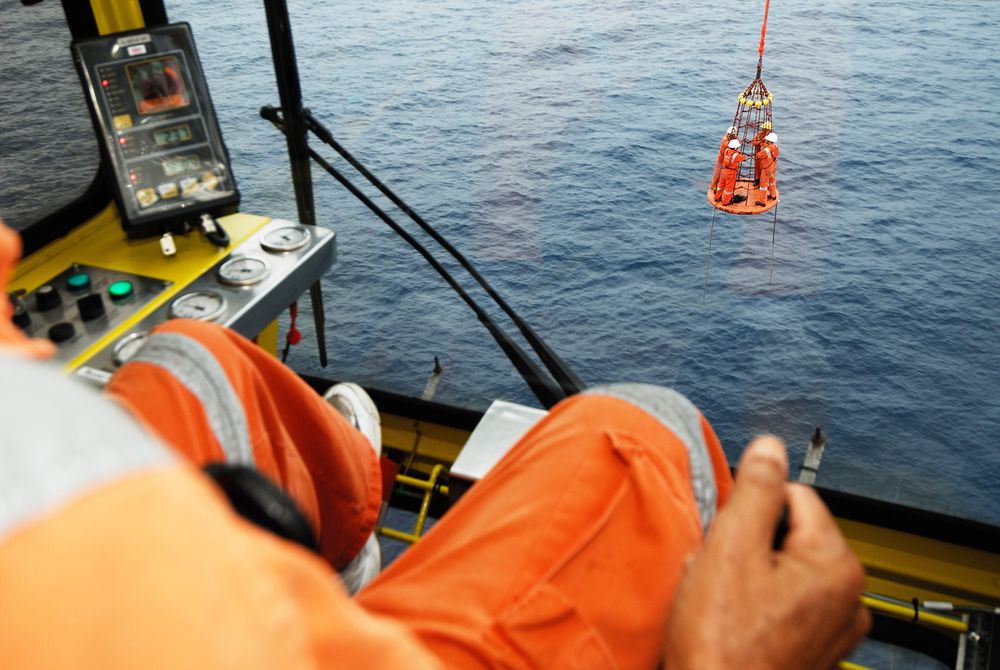– The UK oil and gas industry will have to take steps in order to be more accommodating towards overweight employees, declared Kirk Tudhope, employment lawyer and partner of Ledingham Chalmers, according to the webpage Subseaworldnews.com
Gender, race, religion and being overweight
The background for this statement is that the European Court of Justice (ECJ) is currently considering whether being substantially overweight is a “protected characteristic” under the EU and therefore UK employment legislation.
– If the answer is yes, then employees who are clinically obese would be protected from detrimental treatment on the grounds of their obesity, in the same way that employees are protected against adverse treatment due to aspects such as gender, race and religion.
– “Any changes to the law in relation to overweight employees are increasingly important. Not least because a greater percentage of the population is classed as being overweight. Of particular interest and consideration for the oil and gas industry is the increasing weight and size of offshore workers,” states Tudhope on the website.
Like extreme sport injuries
In Scotland, more than 60 percent of people are overweight, and there has been an increase in the weight of offshore workers over the last 25 to 30 years.
– “The ECJ is also considering whether a clinically obese person may be covered by the protection given to disabled employees,” says Tudhope.
He elaborates:
– “The concept of disability extends beyond just people who have a clear disability, such as wheelchair users. It covers anyone who has a physical or mental impairment, which has a substantial and long-term adverse effect on their ability to carry out normal day-to-day activities. As such, this could be applied to overweight people who have restricted mobility.”
Tudhope encourages employers to avoid falling into the trap of querying why they should be subject to additional obligations to accommodate some whose lifestyle choices are the reason they are disabled.


– “A person who becomes disabled as a result of an unhealthy lifestyle is still protected by the legislation, just as is someone who suffers serious injury as result of their own carelessness or as a consequence of participation in extreme sports,” says Tudhope.
New helicopter regulations
TU.no has previously written about the strengthening of helicopter regulations in the UK sector of the North Sea – something that, amongst other things, means that helicopter operators are not allowed to transport passengers that, including survival suits and other equipment, are too large to use the helicopters emergency push out windows.
The details of this requirement are not yet decided, but the windows are to be a minimum of 48 cm wide and 66 cm high.
Tudham points out that the consequences of changing regulations places the employer under an obligation not to discriminate against the employ including the requirement to consider reasonable adjustments in cases where the employee’s condition impacts their ability to do their job.
– “When new size and shape regulations for helicopter travel are introduced later this year there may be few alternatives for employers. Would chartering a boat or requesting an aircraft model with large windows be classed as a reasonable adjustment?” he questions.

